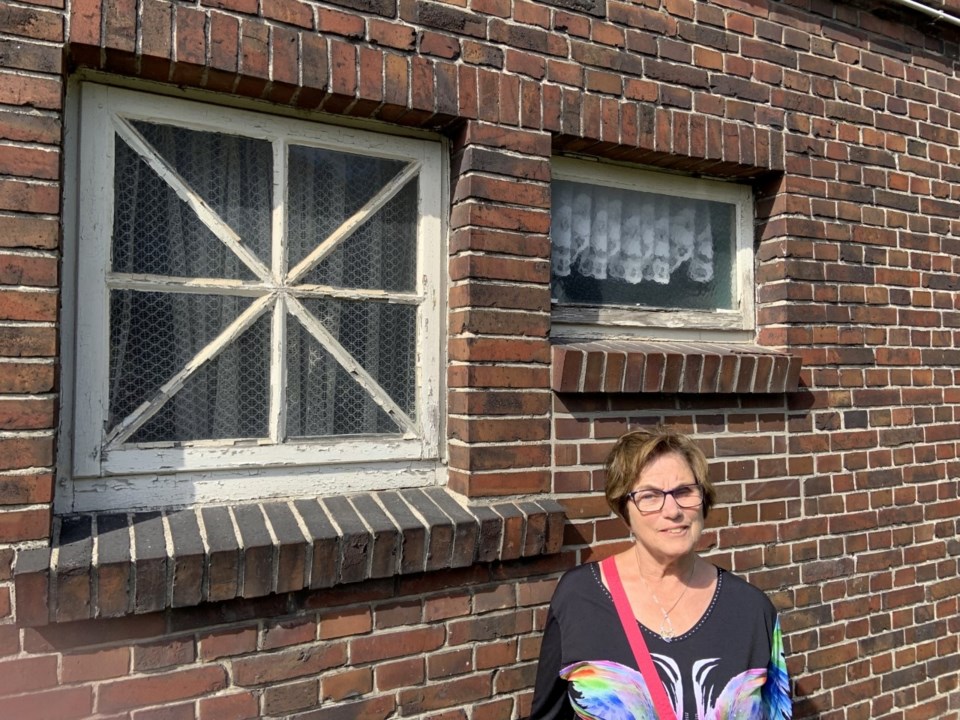Local author Marie Calder released 25 books in the Other Side series about her father Ed’s experiences working as a mechanic with the Canadian Army in Leer, Germany, after the Second World War.
But until this summer, she had not been to Leer to see the area where her father worked, or the home of the German family that he befriended, along with the other sites in the city of about 35,000 people.
That changed when she travelled to Leer and other parts of Germany for a journey that was partially a vacation and partially an opportunity to learn while promoting her books.
“I don’t know if I have words to describe it, because it was really emotional, and they really rolled out the red carpet for us. They treated us like we were special,” said Calder, who returned from Germany on Saturday.
While in Germany, she saw the area where the railcars were located that served as the barracks for her father and his fellow Canadian soldiers. About 100 yards away was the home of the Schmidt family – the family that her father befriended.
“There were five children, and a mother and father, all of whom my dad was able to save,” said Calder.
All seven members of the Schmidt family are now dead, but Calder met the husband and daughter of Diane, who was the oldest of the Schmidt children. They took Calder to see the Schmidt home. She also met the widower of Karla, who was the second-youngest of the Schmidt children.
Calder quickly forged a bond with Diane’s daughter.
“Erna didn’t like to let my hand go. She liked to hold my hand, and we just connected, because I’m the daughter of the man who saved her (Erna’s) mother. She and I are one year apart in age.”
These experiences have helped Calder and the Schmidt family keep the connections alive.
“I’m hopeful that we can continue this relationship through the generations,” said Calder.
The current owner of the Schmidt family home was gracious enough to show them around, but everything has changed. The rail cars that served as her father’s living quarters are, of course, gone, but the rail line is still there. And the roadways and other infrastructure have changed.
“To be able to walk on the ground my dad walked on, it was almost surreal,” she said.
The newspaper in Leer wrote articles before and after Donais Calder’s visit, and the mayor, Beatrix Kuhl, invited Calder and her travelling party to city hall for tea and to a concert in Holland.
“We were treated as if we belonged there,” said Calder.
A reading was held on Aug. 30 at a book store in the community. Her publisher, Borealis Publishing, sent copies of the first book, The Other Side of War, for people to purchase. It is available only in English at this point. It has been translated into German, but Calder said she needs a professional German editor to get it into print in that country.
“People bought the English one, even if maybe they couldn’t read it very well. I’ve been getting reviews on Facebook and other places that they’re so excited about this and knowing about this.”
Calder noted that people in Germany are still ashamed about the war and about Adolf Hitler’s rule over that country, even the younger generations who had nothing to do with it.
She told them that if her father was here, he would want to convey the message that the shame is not theirs to carry, because they weren’t even born yet. In the past 70 years, they have built an amazing country that shows leadership for the world.
“I’m hoping that my books will help me with regards to perhaps healing some of that negative burden that they’re carrying, for which they have no responsibility,” Calder said.




